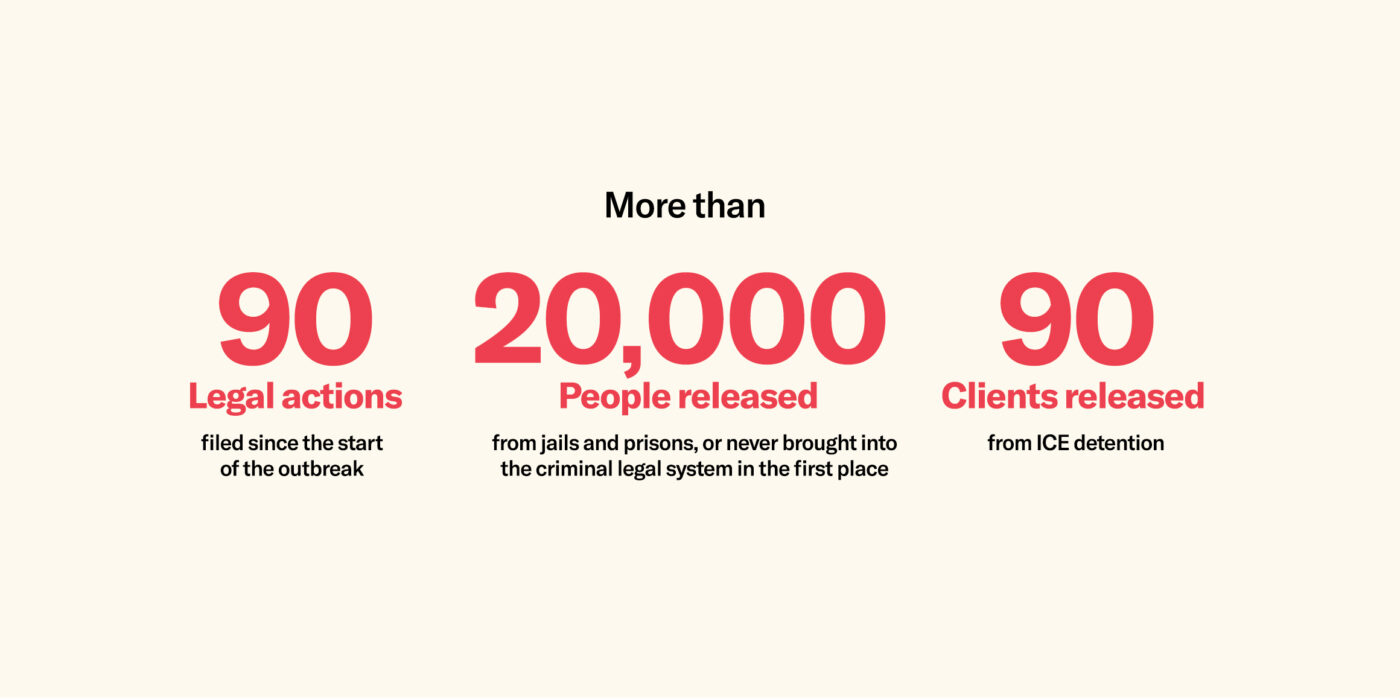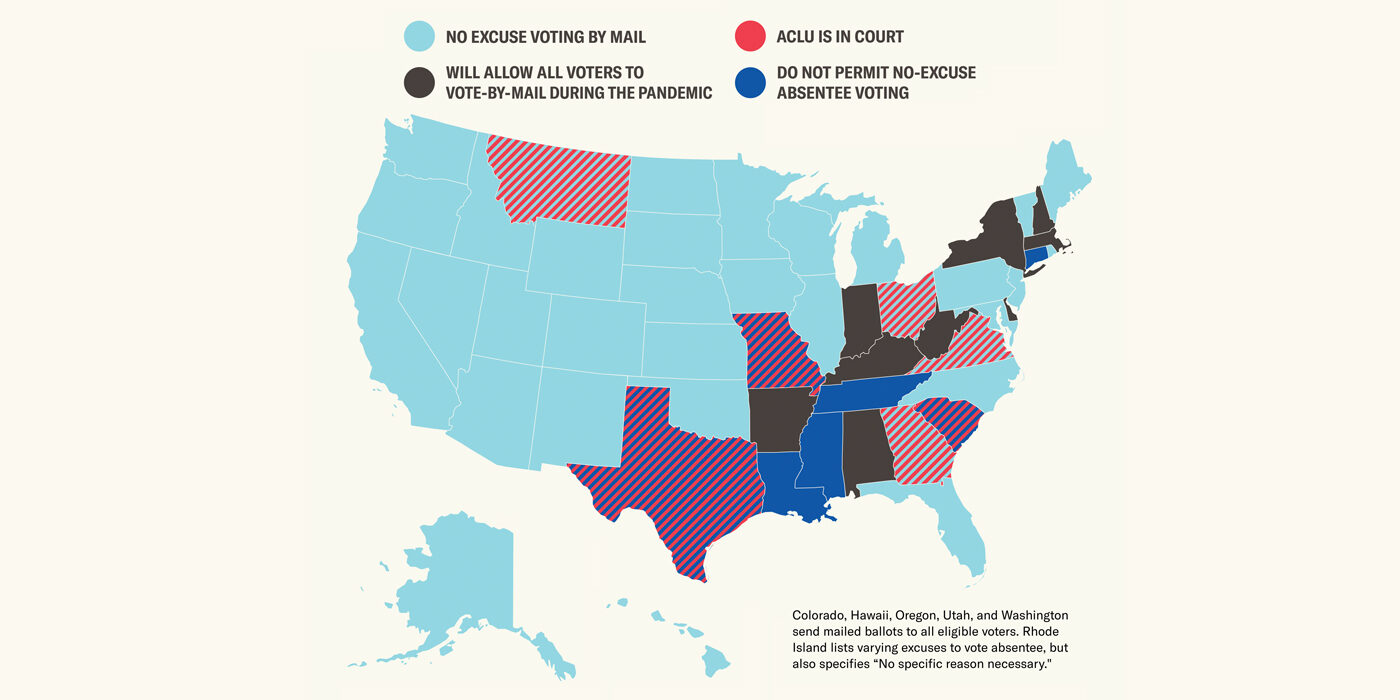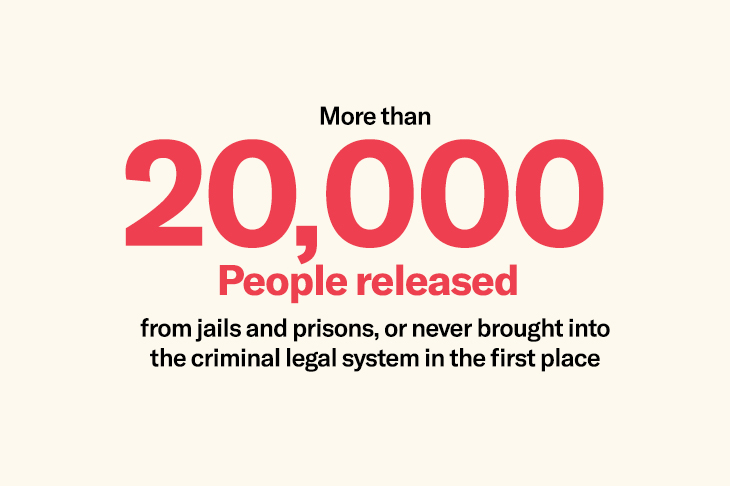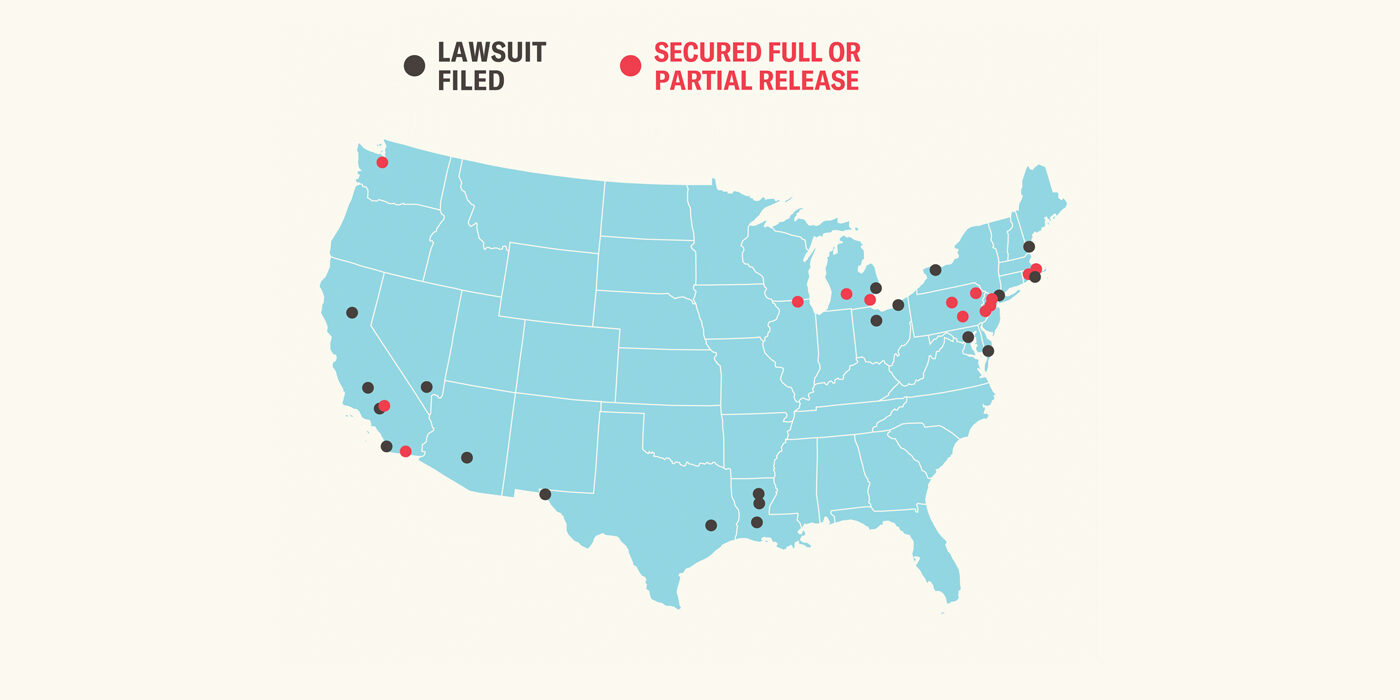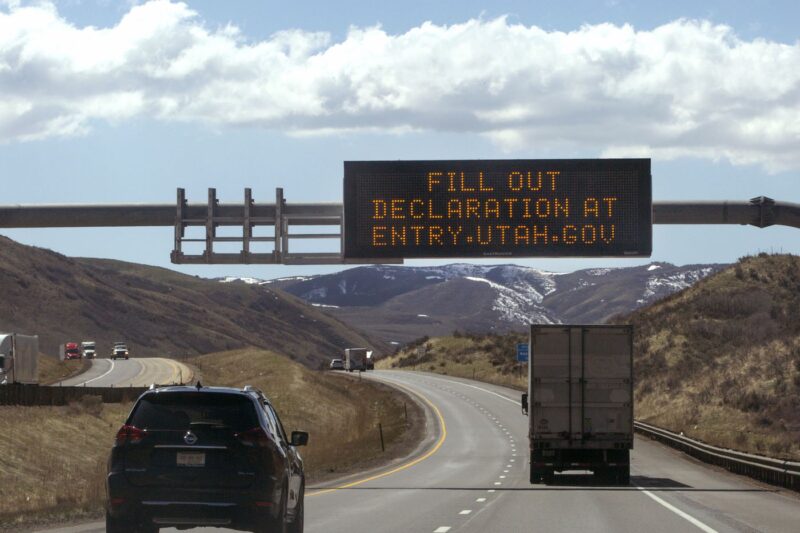It’s almost the first of the month, and millions of tenants across the country are at risk of losing their homes in the middle of a global pandemic. In the seven weeks since the U.S. declared a national emergency, the COVID-19 pandemic already has resulted in widespread economic consequences. More than 30 million workers have filed for unemployment, though many have yet to receive any benefits. And last month, nearly a third of apartment tenants didn’t pay rent by the first week of April — an alarming sign that many households are struggling to make rent during this crisis.
While Congress and state and city governments have issued some safeguards against eviction, an overwhelming number of tenants are not protected from being kicked out of their homes during a global health pandemic. The CARES Act’s federal ban on evictions only prohibits landlords from filing new eviction actions against tenants living in federally supported or financed housing, and will expire on July 24. Accordingly, most tenants must rely on their state or local governments, leaving many without protection. Landlords in some states, such as North Dakota, Missouri, and Arkansas, are continuing to evict tenants in the absence of any statewide eviction bans. Other states have issued temporary bans on eviction, but even those are significantly limited in scope and leave tenants vulnerable to losing their homes due to procedural hurdles or loopholes. Moreover, many of these statewide bans are time-limited and offer no long-term protections, ensuring that courts will be inundated with mass evictions as soon as these bans are lifted. Many tenants are also at risk of losing water and utility service, posing a major public health threat during a global crisis.
The impact of mass evictions and utility shut-offs will overwhelmingly burden tenants of color and, in particular, Black women. Earlier this year, the ACLU Women’s Rights Project and Data Analytics team found that on average, Black women renters had evictions filed against them by landlords at double the rate of white renters (or higher) in 17 of 36 states. These stark race and gender disparities in eviction have been found in other studies, which reveal that eviction often exacerbates and reproduces conditions of poverty for Black women and communities of color. Black women and communities of color will likely suffer the greatest hardship due to mass evictions — worsening the existing racial disparities that have emerged in the impact of the COVID-19 pandemic.
The lack of statewide protections against eviction is also concerning for the housing security and safety of women, as tenants struggling to pay rent may be particularly vulnerable to sexual harassment and other forms of abuse by landlords during this crisis. There has been an alarming increase in reports of landlords sexually harassing tenants who are unable to pay rent due to COVID-19. Domestic violence survivors, already endangered because their homes are unsafe, face even greater vulnerability if eviction looms. Lack of safe and stable housing is one of the primary barriers that survivors face when trying to escape an abusive relationship. Strong protections against eviction are critical to ensure that tenants do not have to choose between enduring harassment and abuse or being forced to leave their home and compromise their well-being during a pandemic.
The impending flood of mass evictions will undoubtedly risk further spread of COVID-19, as families are forced to double-up with other households, seek refuge in crowded shelters, or find themselves living outside. Even without a public health crisis, eviction often sets off a chain of devastating hardships, including physical and mental health issues, chronic joblessness, financial loss, and homelessness. In the face of a global pandemic and its economic fallout, the harmful impact of eviction is only magnified. Moreover, the aftermath of eviction persists for decades, as individuals with prior eviction records are indefinitely shut out of future housing opportunities due to unfair eviction screening policies that deny housing to anyone with a prior eviction filing.
It is critical that state and local governments work now to ensure that renters do not face a surge of evictions due to an inability to pay back-rent as soon as the bans are lifted. Permitting mass evictions to take place — whether in one month or six — will lead to huge upheavals for families and threaten community stability.
In response to this threat, the ACLU and 20 state affiliates across the country joined housing advocates, organizers, and other groups to demand that their state and local officials take immediate action to prevent mass evictions and utility shut-offs due to the COVID-19 pandemic. State officials must issue comprehensive measures to stop mass evictions and utility disconnections that will:
- halt every stage of the eviction process, including the issuance of informal notices to evict;
- apply to all types of tenants and lease violations;
- prohibit the collection of late fees and retaliation against tenants who assert their rights;
- prohibit utility shut-offs and require restoration of previously disconnected services;
- and prevent evictions once bans are lifted, such as requiring landlords to negotiate reasonable payment plans and creating relief funds to cover back rent.
These protections will provide the certainty and stability that all families need to ensure that no one is at risk of losing their homes while we work to find longer-term solutions to handling the economic fallout of the COVID-19 pandemic. As millions are being told to shelter in place, access to stable housing is saving lives. We must work to guarantee that no individual or family faces the loss of their home due to the COVID-19 pandemic.
Published May 1, 2020 at 01:48AM
via ACLU https://ift.tt/2yi1Wiq
